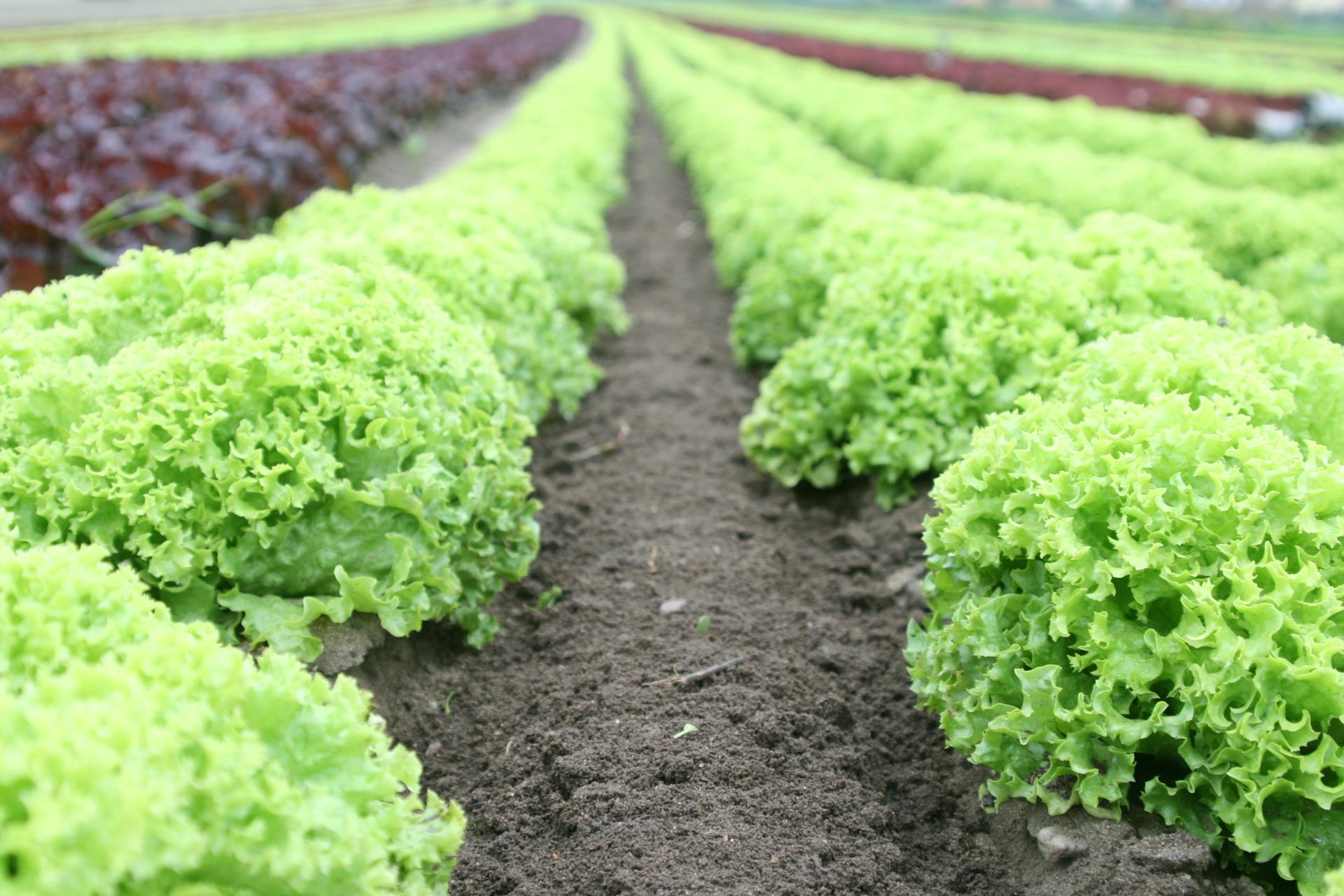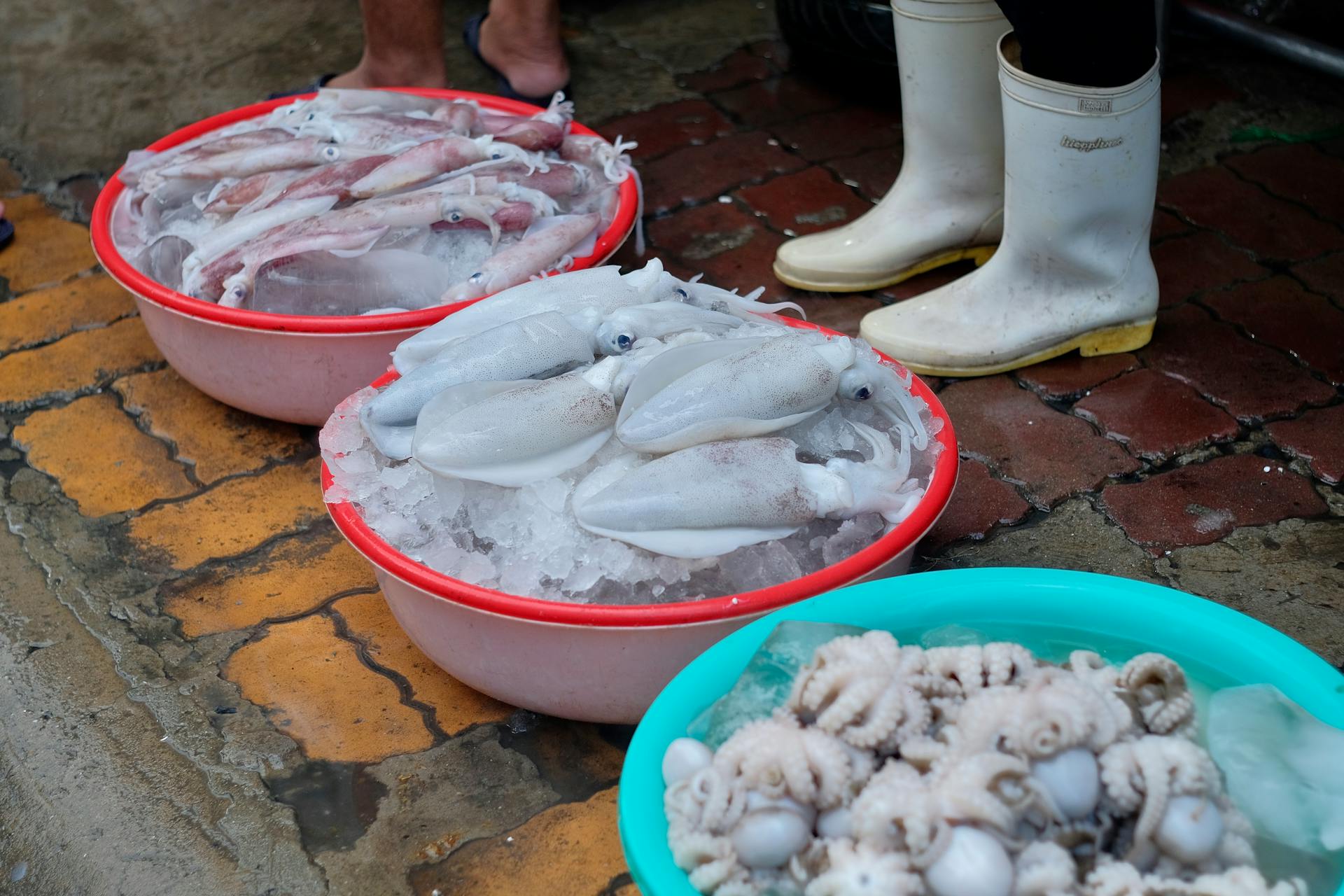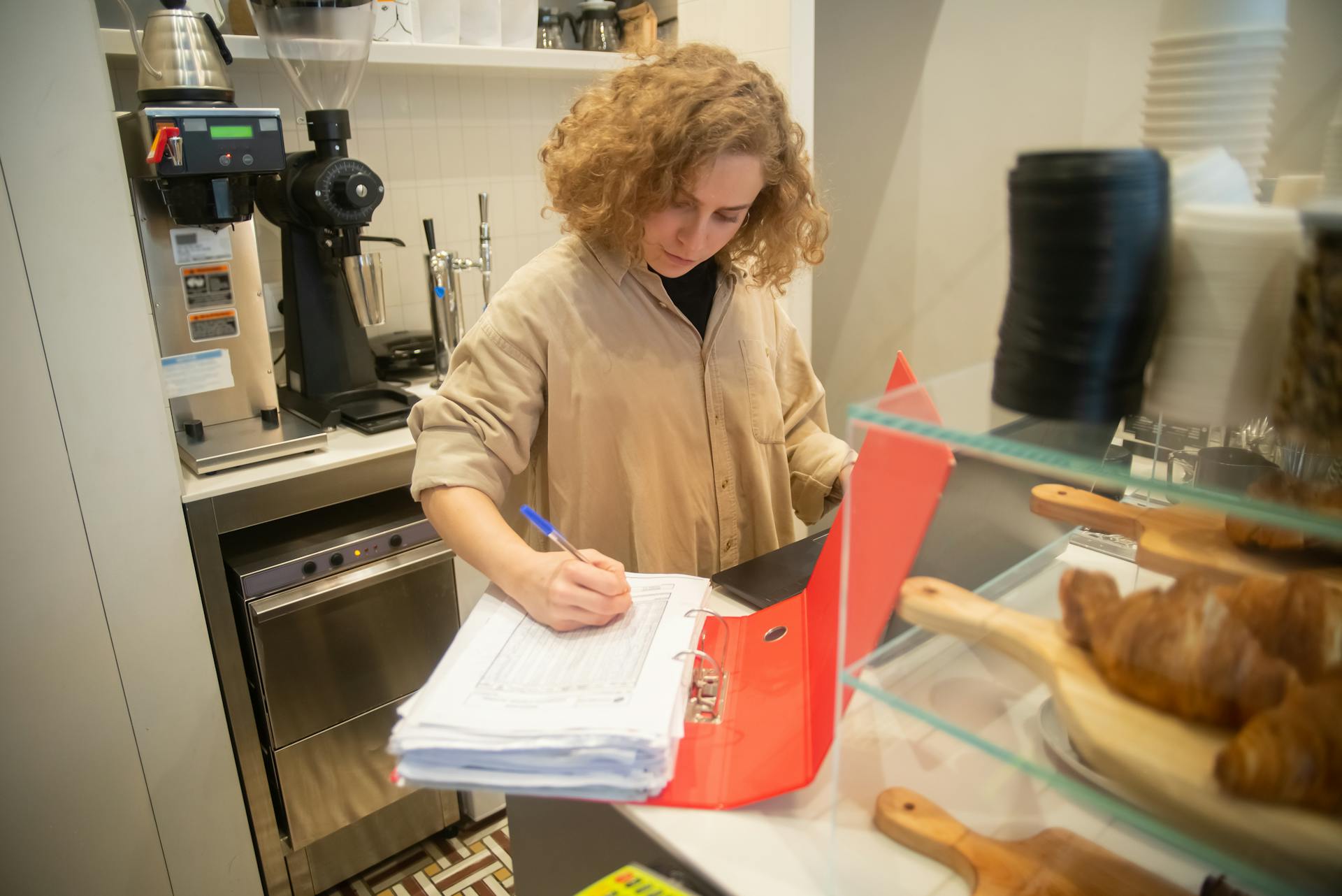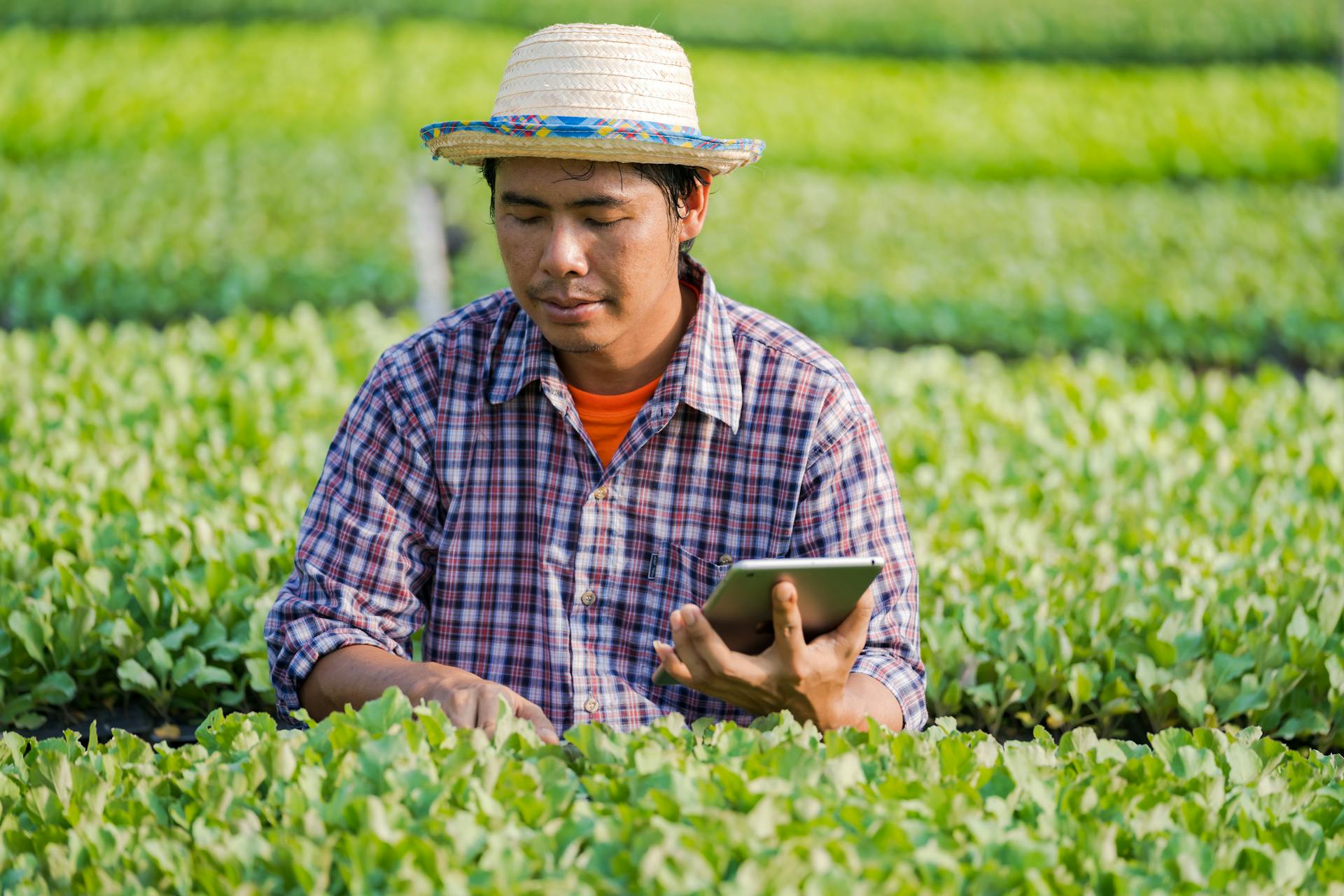
The food production industry is a complex and ever-changing landscape. From the processes businesses implement to the products supplying the worlds population, there are many factors at play in this field. Aspiring entrepreneurs may find themselves wondering how to navigate this terrain and establish themselves as a successful food manufacturer. The important question is: what is the perfect tool for taking your fair slice of the food production pie?
Theoretically speaking, it might seem like a seemingly simple matter of offering a unique product or finding a gap in the market. However, when you consider the competition you'll face and how the industry operates, it becomes clear that more thought and effort are required. In reality, becoming a successful food manufacturer involves careful planning, research, and execution. There are many different aspects to consider when embarking on a manufacturing endeavor - from sourcing ingredients to creating appealing packaging - all of which will impact your success in the competitive world of food production.
What is Food Production?
Food production encompasses the steps taken to convert raw materials into ready-made food products. This process involves scientific approaches and methods applied by food processing businesses and operating food production businesses. The food industry sectors, including food processing, food distribution, and grocery markets, are part of this process. The financial services that support these businesses also play a significant role in the country's GDP.
Food production accounts for a massive role in our day-to-day lives. In fact, it provides ample opportunities in the form of jobs and worldwide sales as processed food generated through food manufacturing is sold globally. It's estimated that about 165 million jobs are created through the various stages of food production around the world.
Let's quickly explore how a food production business operates to understand what goes into making our favorite foods. From sourcing raw materials like vegetables or meat to processing them into consumable goods, there are many steps involved in bringing tasty treats to our table. Food manufacturing requires different types of equipment and skilled laborers who work together to produce high-quality products that meet consumer demand.
Expand your knowledge: Food Industry Inventory Management
Discover the Fascinating World of Food Production Processes

Food production is a complex process that involves various manufacturing processes. A food manufacturer can use batch manufacturing or continuous line to produce goods based on the demand planning of their customers. Bespoke manufacturers who make custom orders based on customer specifications are also a part of the food manufacturing processes.
For example, a sandwich shop may have one-off production for sandwiches made in-house, while a wedding cake business may have bespoke manufacturing processes where customers choose the design and flavor of their cake. Mass market products like chocolate bars, canned food, and ready meals are made using continuous lines to meet high demand alternatively.
The food production industry follows a bigger piece of the puzzle when it comes to making sure that we can enjoy our favorite foods every day. Whether you're looking for a bespoke product or something from mass market alternatives, there's always something fascinating about how your favorite foods are made!
Producing Food Sustainably: A Step Towards Our Future

The increasing human population is putting pressure on the globe sustainable food production. As a result, implementing sustainable farming practices has become more important than ever. Sustainable farming involves implementing actions that improve food production efficiency while maintaining soil quality and ensuring stocks aren't depleted.
To overcome food shortages and food security issues, it's essential to adopt sustainable food production methods. This includes taking care of the environment and protecting the natural resources used in the food chain. By improving food production efficiency, we can ensure that there is enough to feed successive generations.
Maintaining soil quality is critical for producing healthy crops, and this can be achieved through sustainable agriculture practices like crop rotation and using natural fertilizers. By implementing these measures, we can produce healthier crops, reduce waste and help preserve our planet's natural resources for future generations. In conclusion, producing food sustainably should be a top priority for all of us as it ensures that we have enough to eat today while preserving our planet for tomorrow's generations.
Discover the Fundamentals of Bringing Food to Your Plate

Food production is an essential process that essentially encompasses everything from growing crops on a term farm to processing them in a food manufacturing plant. The industry produces every food commodity that makes its way to our plates, including fruits, vegetables, grains, and meat products.
The term farm refers to any piece of land used for agricultural purposes. It is where food commodities begin their journey and are cultivated through planting, nurturing, and harvesting. Farms come in various sizes and specialize in different types of crops or livestock.
Once harvested, food commodities go through several processes before they make it to your plate. These processes can range from cleaning and packaging at the farm-level to complex manufacturing procedures at food manufacturing plants. Understanding these fundamentals helps us appreciate the hard work and resources invested in bringing our meals together.
Discovering the Fascinating Story behind Food Manufacturing

Food manufacturing spans back to ancient times when humans had to find ways to preserve their food during harsh winters. They practiced lean inventory techniques and learned how to store food without spoilage. Leather manufacturing also played a role in early food production, as tanning hides was used to make bags for carrying food. Food-based trades developed as expanding urban populations changed the way we produce and consume our food.
With the onset of the industrial revolution, large scale production of foodstuffs became possible resulting in longer shelf life so people could have access to fresh foods all year round. In modern era, food production manufacturers create everything from frozen foods and supplement pills containing essential nutrients to synthesizing products from raw materials they're originally made. However, there are horror stories involving raw materials such as the horsemeat scandal which highlights the importance of management tracking and transparency in food manufacturing processes.
Today, with increasing obesity levels worldwide, it's important that we understand how our food is made. By knowing where our food comes from and how it's produced, we can make informed choices about what we eat. This includes understanding the raw materials used and the processes involved in manufacturing food so that we can be sure that what we're eating is healthy and safe for consumption.
Insightful Lessons Learned from Food Production

The food production industry has come a long way. Modern farming techniques aim to maximise animal biomass, while keeping costs low. However, ethical concerns have arisen as intensive farming practices reduce biodiversity and increase pollution in the surrounding environment. It's important to strike a balance between increasing food security and availability for an increasing world population conflict with the need for sustainable food production.
As climate change threatens to impact our resources faster than they can be replenished, sustainable food production is more important than ever before. By supporting local farmers and avoiding excess packaging, we can reduce our carbon footprint and make small changes that lead to big results. Ultimately, we must think about how our actions today will impact future generations.
At the end of the day, it's all about being mindful of what we eat and where it comes from. By making conscious choices about our food consumption, we can reduce waste and support sustainable farming practices. With so much at stake, it's up to us to ensure that everyone is fed today while preserving resources for tomorrow.
Frequently Asked Questions
Can We meet the growing demand for food in the future?
Yes, we can meet the growing demand for food in the future by adopting sustainable and innovative farming practices, reducing food waste, and investing in research and development of alternative protein sources.
How do you cut a pie?
To cut a pie, use a serrated knife and gently saw back and forth, starting from the center and working your way outward. It's important to use a gentle sawing motion to prevent the filling from getting squished or the crust from crumbling.
What are the slices of the pie?
The slices of the pie refer to the portions or divisions of a whole pie. They can vary in size and shape depending on how the pie is cut.
How has our demand for food evolved?
Over time, our demand for food has shifted from basic sustenance to a desire for convenience, variety, and quality. This evolution has been influenced by factors such as globalization, technology, and changing lifestyles.
What is the future of food production?
The future of food production involves sustainable and innovative methods such as vertical farming, hydroponics, and precision agriculture. These methods aim to increase efficiency, reduce waste, and provide healthier and fresher produce for consumers.
Featured Images: pexels.com


